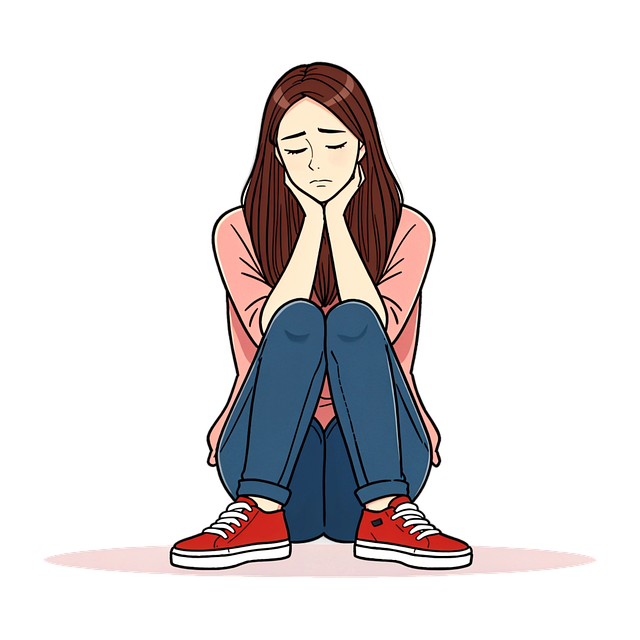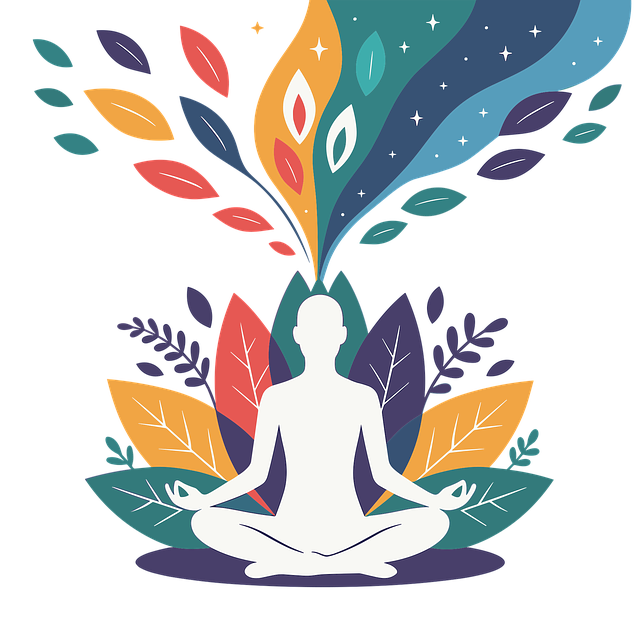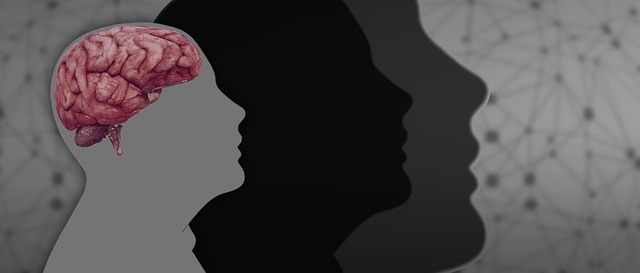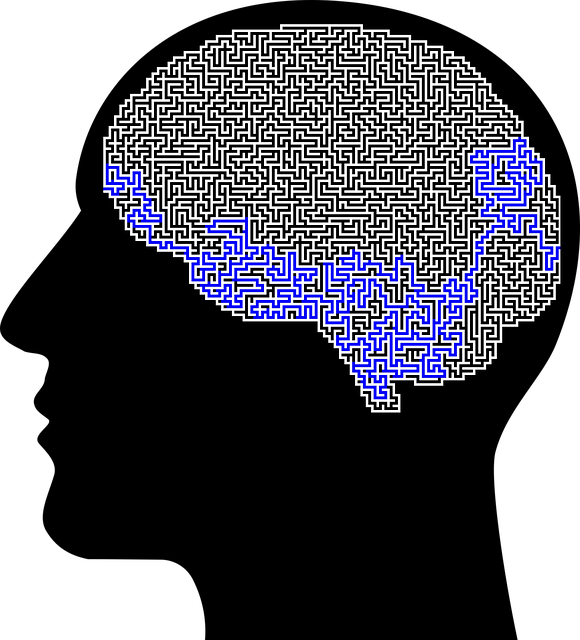Major life transitions can be emotionally challenging and increase mental health risks. Therapy for Major Life Transitions offers safe spaces, personalized coping strategies, and practices like Mindfulness Meditation to build resilience. Stress Management Workshops provide practical tools for empowerment. Incorporating mindfulness and stress reduction techniques into daily routines is vital for overall well-being during transitions. Professional support through tailored therapy equips individuals with conflict resolution skills, risk management planning, and sustainable self-care habits, fostering grace in change and enhancing mental health.
Self-care is an essential practice, especially during major life transitions. This article explores strategies to enhance your well-being, focusing on recognizing the need for self-care, integrating it into daily routines, and seeking professional support through therapy. Understanding these key aspects can help foster long-term self-care habits, ensuring resilience and a healthier, happier life—especially when navigating significant changes. Discover how therapy for major life transitions can be a powerful tool in your self-care journey.
- Recognizing the Need for Self-Care During Major Life Transitions
- Incorporating Effective Self-Care Practices into Daily Routine
- Professional Support and Therapy for Sustaining Long-Term Self-Care Habits
Recognizing the Need for Self-Care During Major Life Transitions

Major life transitions can be both exhilarating and daunting. Whether it’s a new job, a move to a different city, or even welcoming a child into the world, these significant changes often come with heightened stress levels and emotional shifts. Recognizing the crucial need for self-care during such times is essential. Neglecting personal well-being can exacerbate existing mental health issues or trigger new ones, given the intense pressures and uncertainties that come with major life transitions.
Therapy for Major Life Transitions plays a pivotal role in helping individuals navigate these challenges. It provides a safe space to process emotions, set realistic expectations, and develop coping strategies tailored to their unique needs. Incorporating practices like Mindfulness Meditation can further enhance resilience and emotional balance. Mental Illness Stigma Reduction Efforts also contribute to fostering supportive environments, encouraging open conversations about struggles, and promoting understanding—all vital components for nurturing one’s mental health during transformative periods. Additionally, Stress Management Workshops organized by dedicated organizations equip individuals with practical tools and techniques to manage stress effectively, fostering a sense of control and empowerment as they adapt to new circumstances.
Incorporating Effective Self-Care Practices into Daily Routine

Incorporating effective self-care practices into your daily routine is a transformative step towards enhancing overall well-being and resilience. It’s not just about taking time for yourself; it’s a conscious decision to prioritize mental, emotional, and physical health, especially during major life transitions. Therapy for Major Life Transitions can be a powerful tool in this journey, guiding individuals to develop coping mechanisms and navigate change with grace.
One way to integrate self-care is by adopting practices that promote mindfulness and stress reduction. Mindfulness meditation, for instance, can help individuals stay present, boosting confidence in their ability to manage life’s ups and downs. By allocating dedicated moments for reflection and relaxation, one can build a strong foundation of resilience, ensuring they are better equipped to handle challenges and embrace new opportunities that come their way.
Professional Support and Therapy for Sustaining Long-Term Self-Care Habits

Seeking professional support is a vital step in establishing long-term self-care habits. Therapy, particularly tailored for major life transitions, can provide individuals with the necessary tools to navigate changes and challenges effectively. Mental health professionals offer valuable guidance on risk management planning, helping clients anticipate and mitigate potential risks associated with new routines or significant life events. Through therapy sessions, one learns conflict resolution techniques that foster healthier relationships and reduce stress. These skills are essential for maintaining a balanced lifestyle, especially when adjusting to self-care practices.
Regular sessions with therapists can also include stress management workshops, equipping individuals with practical strategies to handle daily pressures. Such interventions ensure that clients not only understand the importance of self-care but also have the means to incorporate it into their lives sustainably. By addressing underlying issues and providing personalized support, therapy plays a pivotal role in enhancing overall well-being and fostering resilience during personal growth journeys.
Self-care is not just a trend, but an essential practice to navigate life’s challenges and transitions. By recognizing the need for self-care during major life changes, incorporating daily routines, and seeking professional support like therapy for major life transitions, individuals can foster long-term well-being. These strategies empower folks to enhance their mental health, build resilience, and lead more fulfilling lives. Remember, prioritizing self-care is a journey, and with consistent effort, it becomes an integral part of one’s lifestyle.














